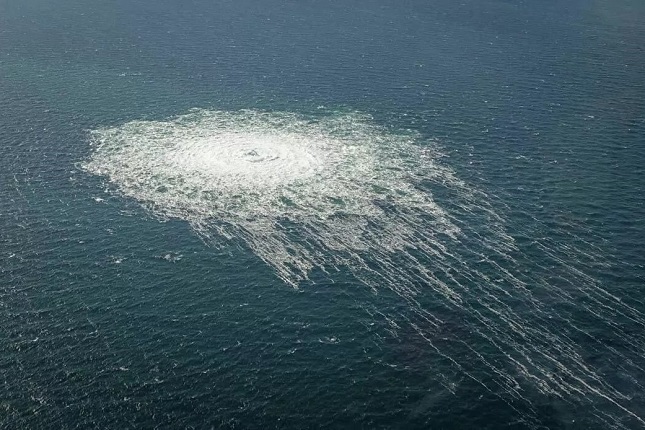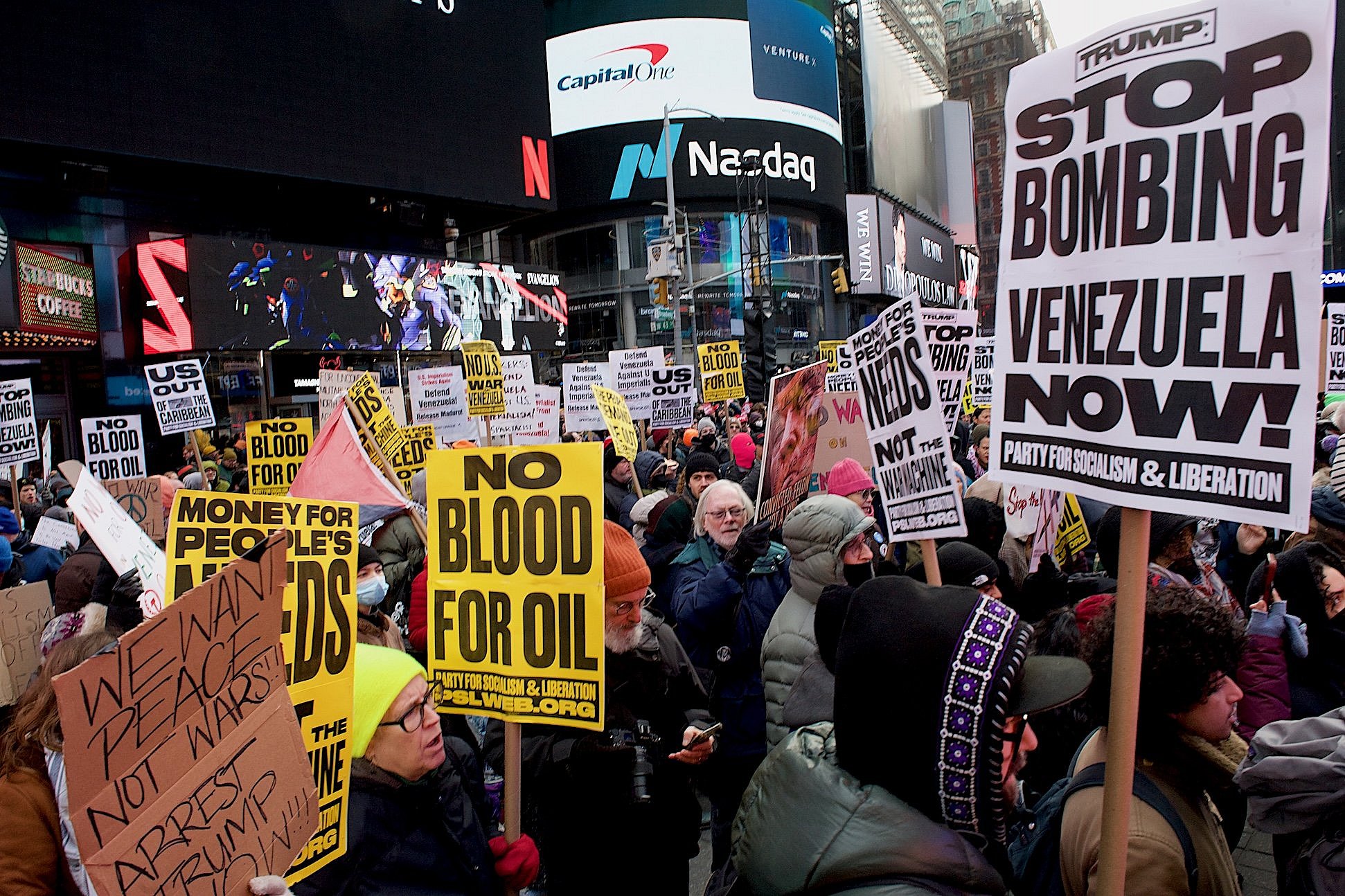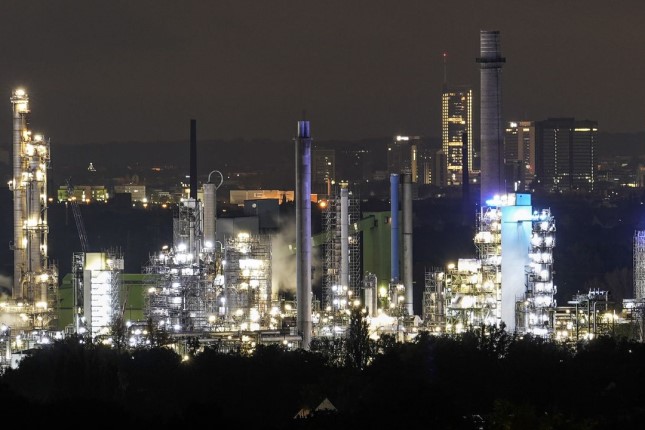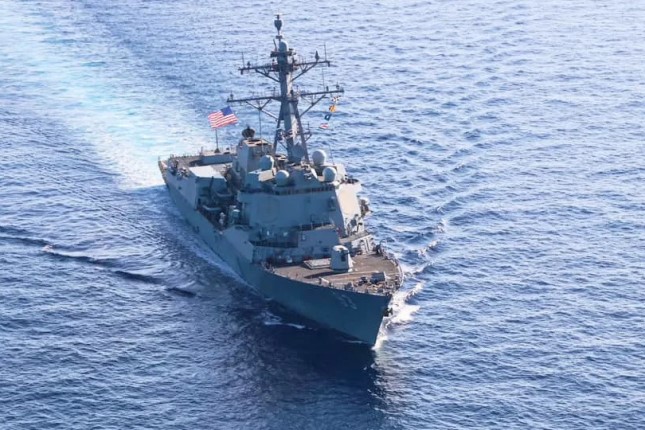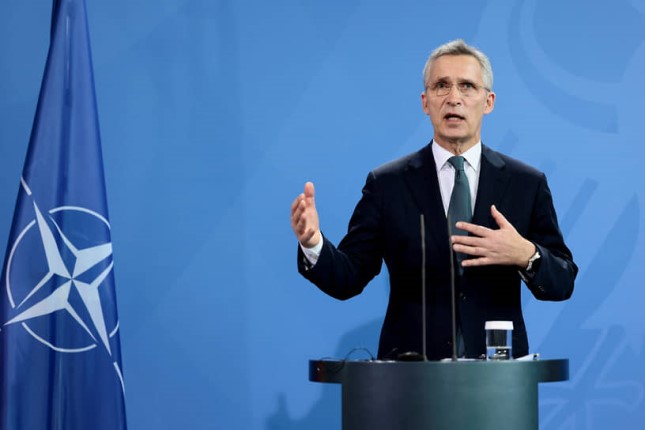As countries rushed to speculate causes behind unusual leaks of the Nord Stream pipelines from Russia to Europe, with some blaming Russia while others alluding to the involvement of the US and its allies, Chinese observers warned of the ripple effects on the Ukraine crisis and the global energy market.
Although the leaks in these two gas pipelines running from Russia under the Baltic Sea to Germany had no immediate effect on European energy supplies, Chinese observers say it will deliver a heavy blow to some European countries such as Germany that are heading into a cold winter in the throes of an energy crisis, cause more turbulences in global energy prices and further exacerbate the West's hostility toward Russia.
Such an unusual incident could trigger a ripple effect, add more realistic risks to the Ukraine crisis and make the wrestling among major powers dash into dangerous uncertainties, they warned.
The EU's foreign policy chief Josep Borrell said on Wednesday that the EU considers the leaks from the Nord Stream 1 and 2 "not a coincidence," which are the result of a deliberate act, according to media reports. The latest remark came out after Denmark's armed forces released a video on Tuesday which showed bubbles rushing to the surface of the Baltic Sea above the pipelines as the two undersea leaks began on Monday.
Countries including Denmark, Germany and Poland warned of "sabotage" after Nord Stream leaks, the Financial Times said on Wednesday, as the two pipelines have been at the center of the energy tussle between Russia and Europe since Russia's military operation in Ukraine. It also cited Mykhailo Podolyak, an adviser to Ukraine's president Volodymyr Zelenskyy, who pointed out that the leaks are "nothing more than a terrorist attack planned by Russia and an act of aggression toward the EU."
Kremlin spokesman Dmitry Peskov did not rule out that disruptions in the operation of the two pipelines could be sabotaged, TASS reported on Tuesday. He stressed that "certainly, this is an issue related to the energy security of the entire continent."
However, a former Polish Defense Minister Radek Sikorski attributed the sabotage to the US by saying in a Tweet "Thank you, USA."
The Nord Stream pipelines leaks occurred at an extremely sensitive time. It happened on the final day of referenda on "joining Russia" in four Russian-occupied regions of Ukraine.
And it's noted that the pipelines leaks also coincided with the inauguration of a pipeline that will deliver gas from Norway through Denmark to Poland for the first time, the FT said.
A video clip of the US President Joe Biden who promised in February to prevent Nord Stream 2 from operating if Russia began its military operation in Ukraine also went viral on social media on Wednesday. "If Russia invades, then there will be no longer a Nord Stream 2. We will bring an end to it."
With the European leaders supporting an investigation on the leaks, Chinese observers said the incident could become a forever mystery given the interests of various parties involved. While some observers said the US should be the one to blame, the possibility of some intelligence agencies or regional command offices involved can't be ruled out as the incident will weaken the role of Russian energy in the European market and complicate the Russia-Ukraine crisis, leading the already-struggling European countries to face a more miserable winter.
Possible scenarios
If Russia hopes to cut off the gas supplies to Europe, the easiest way is to turn off the valve instead of blowing its own pipelines, as Moscow could maintain the advantage of handling the energy crisis, Shen Yi, a professor at the School of International Relations and Public Affairs of Fudan University, told the Global Times on Wednesday.
"Technically, Russia sabotaging the pipelines in the Baltic Sea appears to be not feasible," he said. As undersea activities in the Baltic Sea have been dominated by NATO members or allies since the Cold War with monitoring devices toward then Soviet Union and now Russia, how could Moscow explode the pipelines easily, which in fact is not a favorable thing for itself, Shen asked.
There are increasing signs of a planned attack on the two Nord Stream gas pipelines, German news outlet Der Spiegel said on Wednesday, as there were already indications of this from the CIA of the US in advance.
US security advisor Jake Sullivan said in a Tweet on Wednesday that he spoke to his Danish counterpart about "the apparent sabotage" of the pipelines, saying that "the US is supporting efforts to investigate and we will continue our work to safeguard Europe's energy security."
"Who want to sabotage the Russia-EU energy cooperation? The answer is pretty clear," Ming Jinwei, a former journalist and blogger, told the Global Times on Wednesday.
The US can achieve three goals: striking Russia's energy export to attack its overall economic and financial revenues, to limit Europe's energy supplies and make it buy more crude oil and gas from the US with higher prices and to strictly control the lifeblood of European countries, he said.
The apparent attack had no immediate effect on European energy supplies, as Nord Stream 2 has never gone into service, and Nord Stream 1 has been shut down since August. But it raises the stakes — and European jitters — in a simmering energy war between Russia and the West, the New York Times said.
If the US is behind the incident, such act of blatantly cutting off the energy supplies to Europe risks jeopardizing its relations with its allies such as Germany, and some experts said there are possible scenarios that intelligence agencies and its European command office plotted the leaks. Some also suggested that anti-Russia forces or organizations may collude with the US in order to launch a new round of anti-Russia chorus at the global stage.
Attacking the undersea gas pipelines can't be accomplished without the promise or manipulation of relevant governments or major powers, which is a very dangerous trend and brings the intensity of the great power wrestling into dangerous uncertainty, Wang Xiaoquan, an expert from the Institute of Russian, East European and Central Asian Studies at the Chinese Academy of Social Sciences, told the Global Times on Wednesday.
"The incident will certainly further complicate the situation in Europe. It may be difficult to find out the real cause of the incident in the short term," he said.
"Whatever the truth, all parties will surely use the event to achieve their own political purposes. Many European countries are already accusing Russia in order to launch a new round of anti-Russian chorus," Wang said, noting that even if Russia investigates the truth and shows relevant evidence, it will be difficult to argue back because it does not have that international collective voice.
Sow chaos
Europe has dethroned Asia as the biggest destination for US liquefied natural gas (LNG) as the energy-starved region seeks to slash its dependence on Russian supplies, Bloomberg said in June, as the US sent nearly three quarters of all its liquefied natural gas to Europe in the first four months of 2022, with daily shipments to the region more than tripling from last year's average.
The US, while supplying the EU, was reaping the benefits of higher gas prices, and it is also possible that some US companies may buy Russia-originated gas, liquefy it, and sell it to European buyers for a profit, Jin Lei, a professor with China University of Petroleum, told the Global Times on Wednesday.
For Europe to cut its reliance on Russian natural gas right away, the challenge is huge, Jin said, noting that finding replacement within a short period of time would be very difficult.
With the visits by German Chancellor Olaf Scholz to Gulf countries lately, the German government has sought out new natural gas suppliers. At home, it was also installing terminals to bring the fuel into the country by ship.
Yet, it would be nearly impossible for such efforts to be translated into concrete results by this winter, Jin said.
The price of gas in Europe went up by 12 percent reaching almost $1,950 per 1,000 cubic meters during Tuesday trading, showed data provided by London's ICE, according to media reports.
Some experts believe the incident will further disrupt the global energy prices as international markets could push up energy prices on fears that non-market factors such as terrorist attacks could undermine Russia's energy supply.
"This will deliver a heavy blow to countries like Germany on its economy and livelihoods. As the energy prices go up, a huge number of enterprises will face bankruptcy and people will suffer in the cold winter," Wang said, noting that this could lead to social turmoil, raising possibilities for external interference.
Photo: A picture released by the Danish Defence Command shows the gas leak at the Nord Stream 2 gas pipeline seen from the Danish F-16 interceptor on Bornholm, Denmark on September 27, 2022. The two Nord Stream gas pipelines linking Russia and Europe have been hit by unexplained leaks, raising suspicions of sabotage © AFP.
Source: The Global Times.
